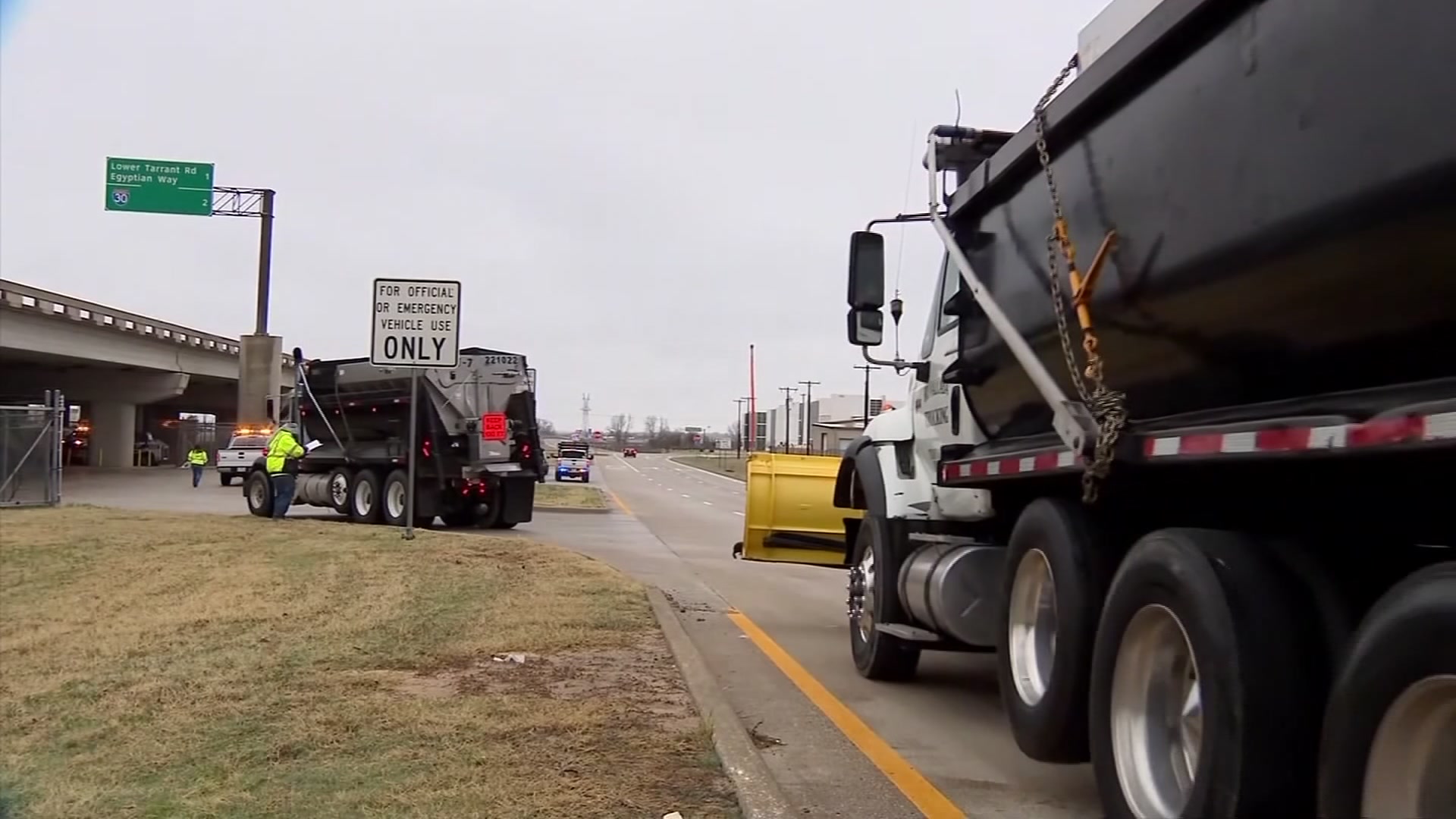A government report says DFW grocery inflation is now at 14%, higher than any of the other 17 major cities examined, aside from Detroit.
A new federal report says the Dallas-Fort Worth metro area experienced the second-highest rate of food price inflation in the country last year, trailing only Detroit.
As families prepare for the Easter holiday, one Dallas nonprofit is working to offset those higher costs in communities most impacted.
Watch NBC 5 free wherever you are
The visuals of food staples stocked to about one-half or one-third of shelf capacity may not elicit consumer interest for many but for Andrew Crosby, the groceries at South Dallas Community Market represent a need, long unfulfilled, finally finding shelf space.
“Just trying to do a model that has dignity, where you are shopping, you are choosing, Crosby said. “It’s not just handed to you, it’s not forced on you.”
Get top local stories in DFW delivered to you every morning with NBC DFW's News Headlines newsletter.
Crosby works with Brother Bill’s Helping Hand, the longtime West Dallas nonprofit now operates this space along the 5200 block of Bexar Street in the Ideal neighborhood. It’s a food pantry stylized like a grocery store with options including milk, eggs, proteins and fresh vegetables.
“We know those prices are rising on everything - milk and eggs and all your staples and so if you can get some of that here and put some of that money to something else, that’s a great benefit to our neighbors,” Crosby said.
A new report from U.S. Government Accountability Office says DFW grocery inflation is now at 14%, higher than any of the other 17 major cities examined, aside from Detroit.
Local
The latest news from around North Texas.
The USDA says the higher costs here come from retailers who’ve passed increased transportation costs to consumers.
And while grocery inflation affects every consumer, the impact is not equal. The USDA added that for low-income North Texans, nearly 30% of income now goes to food expenses.
The food pantry operates in a space provided by the faith-based nonprofit BridgeBuilders.
Executive Director Joey Darwin says since the South Dallas Community Market opened in February, he hopes it serves as proof of concept showing the demand for groceries in a neighborhood long denied fresh food options.
“Witnessing people just have the joy of going to a grocery store in their neighborhood, put real groceries in their car, something they chose themselves, the autonomy of that is just beautiful,” Darwin said.
Right now the food pantry is open on Wednesday, Thursday, Friday and the third Saturday of every month.
Darwin says the nonprofit has helped offset more than $53,000 in grocery costs to neighbors who have utilized the service.
“Even though groceries are increasing by 14% across D-FW, we’re actually decreasing the grocery bill for these families in this store,” Darwin said.



